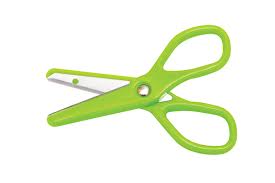News about Ireland and Northern Ireland caught my attention from the time I began reading newspapers and magazines in the 1960s. During the 1980s and up until the Good Friday Agreement of 1998 I kept my own clip file of stories, most of them about the Troubles.
On the day of the Belfast Agreement I paid for online access at an Internet cafe in Mobile, Ala. to get the latest details. I did not have my own computer or online access at my newspaper job.
Today I take my online access for granted. I read the Irish papers from my home and work computers, as well as my smart phone. I pull up audio and video reports from any of these devices, and directly access contemporary and historic documents. I scroll through a torrent of Irish-related Twitter feeds on my @markieam account. I publish my own blog about Ireland.
Newspaper clippings once were common in correspondence between families in Ireland and America, typically obituaries and birth or wedding announcements. My uncle from Kerry kept an August 1933 clipping from the The Gaelic American, which republished Padraic Pearse’s 1915 oration over the grave of republican patriot O’Donovan Rossa. “They have left us our Fenian dead, and while Ireland holds these graves, Ireland unfree shall never be at peace,” the speech famously concluded.
I was reminded of all this the other day when my local newspaper, the Tampa Bay Times, published two Ireland-related stories on page 6 of the Nation/World section. ” ‘Lifesaving’ abortion bill passes in Ireland” read the first headline under a Dublin, Ireland kicker. “Northern Ireland braces for violence” said the second headline under a Belfast, N. Ireland kicker.
The two stories were located at the bottom inside corner of a six-column page dominated by a five-column-wide department store advert for a one-day furniture sale. The pair of stories were easy to miss if you are not in the market for a sofa, turned the page to fast or not too interested in Ireland.
I thought for a moment of grabbing the scissors. The twinge of an old habit.
